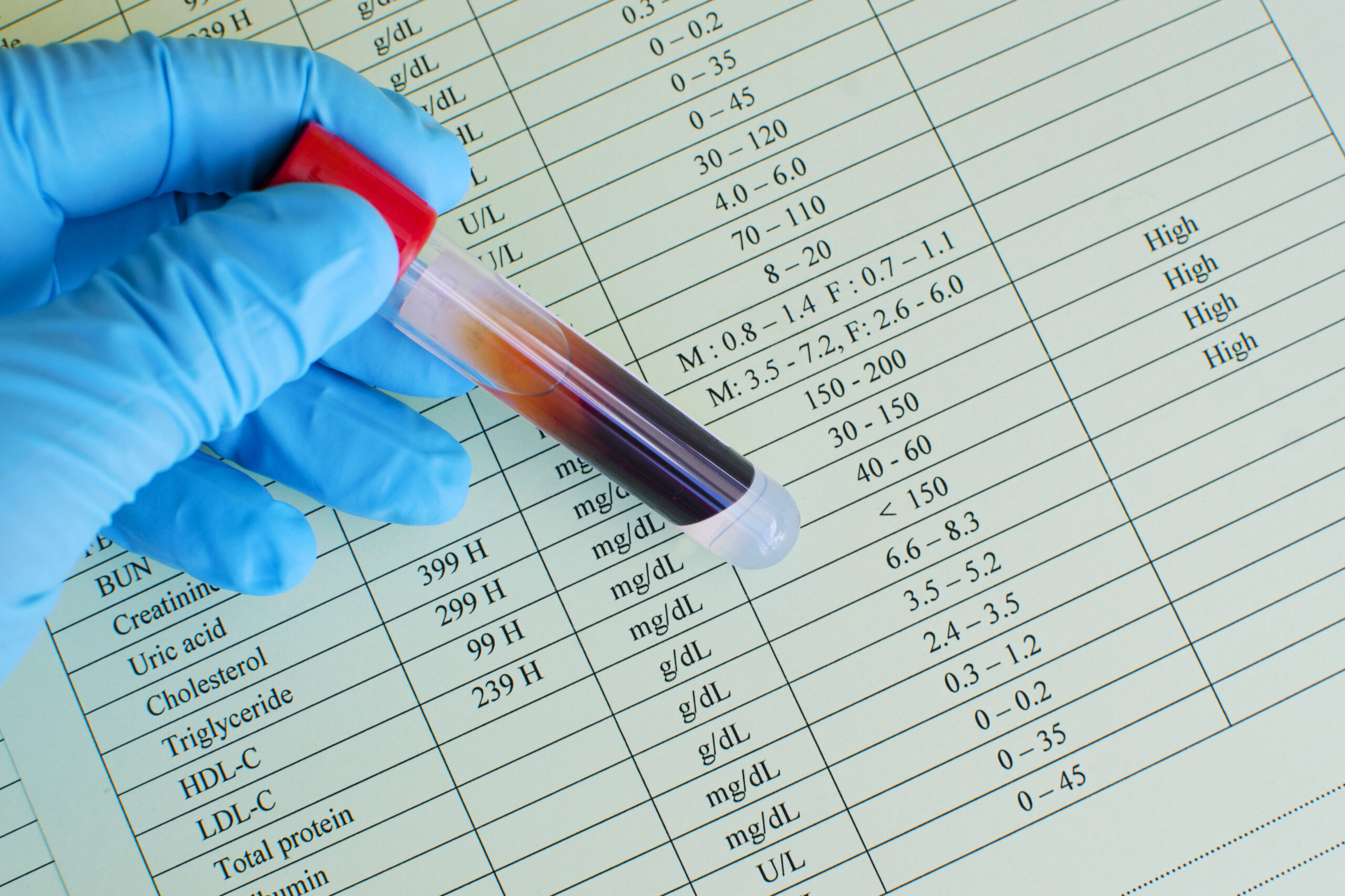Vitamin Test: Why Are Vitamins Essential?

Our bodies need vitamins, which we may get by consuming various foods. Because vitamins each serve a distinct function in the body, vitamin deficiencies may have various health consequences depending on which vitamins an individual is deficient in. People who suspect they lack vitamins must be checked with a vitamin test.
Furthermore, individuals might acquire a deficit due to inadequate vitamin consumption, and some medical problems can predispose them to vitamin insufficiency. Blood tests, particularly a vitamin test, may identify vitamin deficits. They may also be rectified with oral (by mouth) or intravenous vitamin supplements.
Why Are Vitamins Essential?
Vitamins are essential for various functions in our bodies, ranging from immune system support to promote a healthy metabolism. They help our body develop and function properly.
Vitamins perform several functions in an individual’s body to keep it running smoothly. Some vitamins can help individuals fight infections and keep their nerves healthy, while others can help their bodies acquire energy from food.
Minerals, like vitamins, assist people’s bodies to operate. Minerals are substances found on the soil and in foods that human bodies need to work. Some minerals, such as fluoride and iodine, are only required in tiny amounts. Some, including potassium, magnesium, and calcium, are needed in larger quantities. Most minerals, like vitamins, are likely to be obtained from a diversified diet.

Signs of Vitamin Deficiency
A nutritious and well-balanced diet has numerous advantages. On the other hand, a nutrient-deficient diet may result in many side effects.
These symptoms are your body’s method of alerting you to possible vitamin and mineral shortages. Recognizing them might assist you in modifying your diet appropriately.
An individual must be tested with a vitamin test if they lack vitamins. Common signs of vitamin deficiency may include:
- Mouth ulcers
- Night vision problems
- Hair loss
- Restless leg syndrome (Willis-Ekbom disease)
- Brittle hair and nails
- Bleeding gums
- Scaly patches
- White or red bumps on the skin
Who Should Get a Vitamin Deficiency Test?
Although vitamin insufficiency is widespread, measuring blood 25(OH) levels is time-consuming and costly, and universal screening is not recommended. On the other hand, a vitamin test may be beneficial for people at risk of severe insufficiency or who have laboratory or radiographic abnormalities typically linked with vitamin deficiency.
Knowing the 25(OH) blood level in these individuals allows for a more precise evaluation of vitamin body stores, aids in identifying the need for vitamin treatment, and may help determine an appropriate dosage of vitamin therapy.
Alternatively, individuals with no explicit risk factors or indications of deficiency but who are believed to have insufficient sun exposure or food consumption may be justified in receiving empiric multivitamin supplements without testing.

Why Does an Individual Need a Vitamin Test?
If you exhibit signs of a vitamin deficiency, your doctor may have recommended vitamin testing. Among these signs are:
- Bone softness
- Fractures
- Bone weakness
- Bone malformation (in young)
A vitamin test may be recommended if you’re at a higher risk of vitamin deficiency. Among the risk factors are:
- Gastric bypass surgery in the previous
- Obesity
- Having a darker skin
- Osteoporosis
- Age
- Other bone disorders
- Lacking sunlight exposure
- Fat absorption difficulties in one’s diet
Vitamins are crucial to our body. To be healthy, we should take vitamins. Furthermore, if you think you are deficient in vitamins, get tested with a vitamin test.

